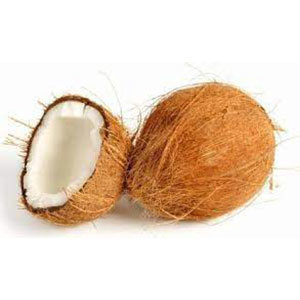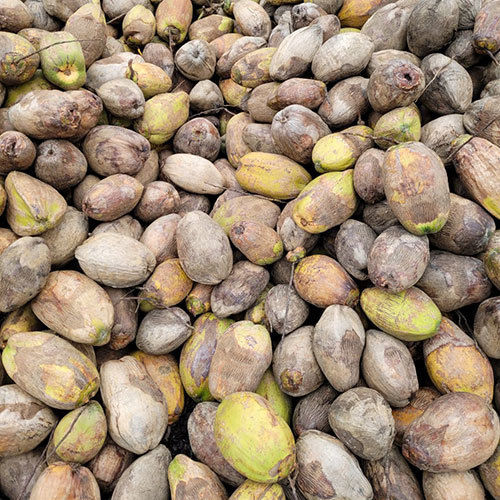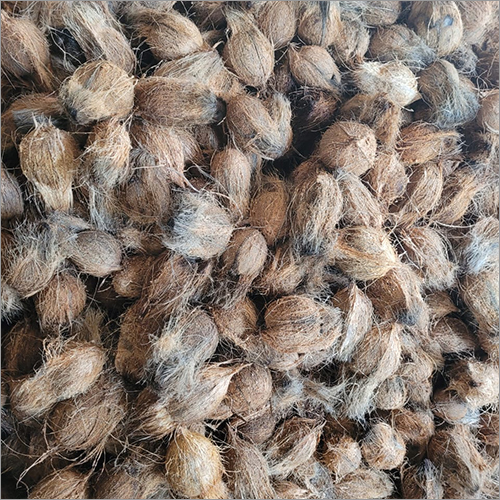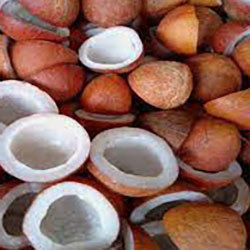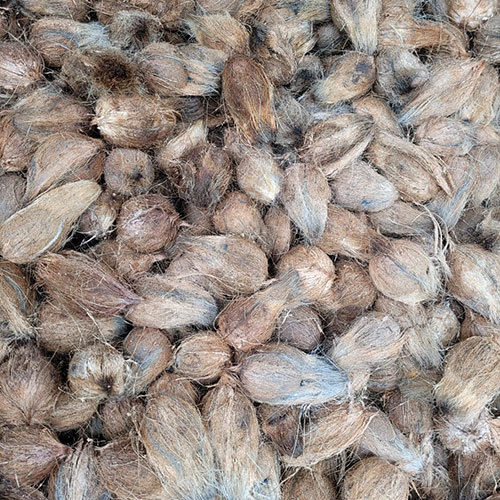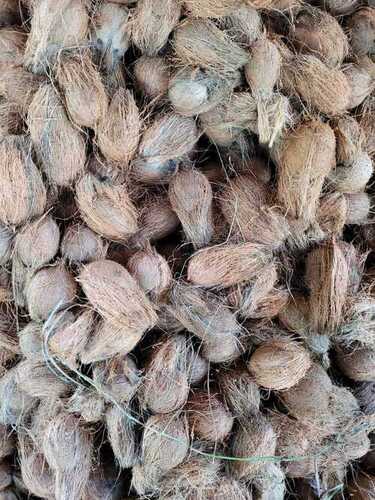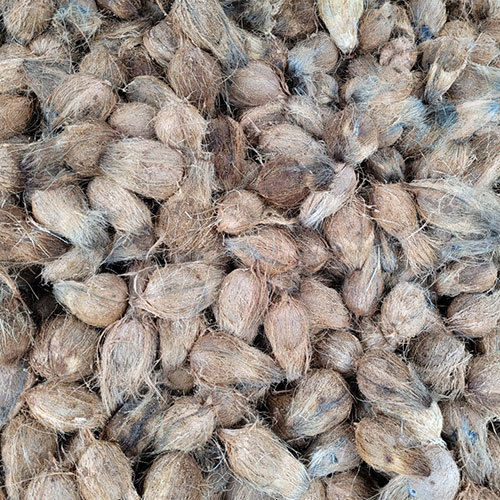
Natural Dry Coconut
Price And Quantity
Product Specifications
Product Description
Overall, natural dry coconut is a versatile and nutritious ingredient that can add flavor and texture to a wide range of dishes, both sweet and savory.
FAQ
1. What advantages do dried coconuts have?
Ans - Coconut that has been desiccated is a great source of healthy fat because it has no cholesterol and is also high in selenium, fibre, copper, and manganese.
Eighty percent of the fat in an ounce of desiccated coconut is good, saturated fat.
Selenium is a mineral that aids in the body's production of enzymes that improve thyroid and immune system performance.
2. What are some dried coconut facts?
Ans - Dried Coconut has 168 calories, of which 3% come from protein, 29% from carbohydrates, 68% from fat, and 0% from alcohol. The macronutrient components of dried coconut are depicted in a pie chart. This food has no alcohol, 1.02% water, 5.42% protein, 45.45% carbohydrates, and 48.11% fat.
3. What nutrition does dry coconut contain?
Ans - Manganese, which is vital for the health of bones and the metabolism of carbohydrates, proteins, and cholesterol, is particularly abundant in coconuts. Also, they are abundant in selenium, a vital antioxidant that safeguards your cells, copper, iron, and other minerals that aid in the formation of red blood cells.
4. Is dried coconut heart-healthy?
Ans - Coconut and coconut oil cannot be regarded as heart-healthy foods when consumed alone. More than 13 grammes of saturated fat-nearly two-thirds of the average person's daily recommended limit-are present in a 2-ounce piece of fresh coconut.

